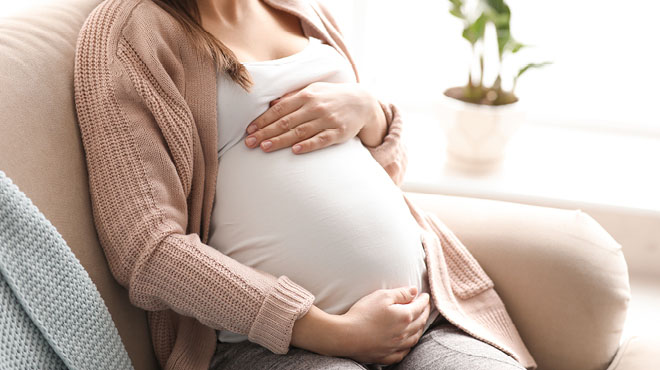Postpartum haemorrhage (PPH), or excessive bleeding after childbirth, remains the leading cause of maternal deaths worldwide. Each year, hundreds of thousands of women die from pregnancy-related complications, with the majority of these deaths occurring in Africa. In Kenya alone, an estimated 2,500 to 3,000 women lose their lives annually due to PPH, underscoring the urgent need for more effective prevention and treatment measures.
The new international guidelines mark a significant shift in how postpartum bleeding is recognized and managed. Previously, clinicians were advised to treat PPH as an emergency if bleeding exceeded 500 millilitres after vaginal delivery or 1,000 millilitres following a caesarean section. The revised recommendations now emphasize early action, urging health workers to respond when blood loss reaches 300 millilitres or when abnormal vital signs are detected.
One of the key updates is the use of calibrated drapes—a simple yet effective tool that allows healthcare providers to measure blood loss accurately. The guidelines also reinforce established interventions such as uterine massage, administration of oxytocic drugs to promote contractions, intravenous fluids, and the use of tranexamic acid to reduce bleeding. In addition, thorough examination of the birth canal is encouraged to identify any tears or retained tissue that may contribute to bleeding.
If bleeding persists despite these measures, the guidance calls for escalation to more advanced interventions, including blood transfusion and surgical procedures. These recommendations are built around a proactive framework of readiness, recognition, and response, aiming to empower healthcare workers to act quickly and appropriately in all childbirth settings.
Beyond emergency response, the updated guidelines stress the importance of quality antenatal and postnatal care. Anaemia remains a major risk factor, as it increases vulnerability to severe bleeding and poor recovery outcomes. To mitigate this, pregnant women are encouraged to take daily iron and folate supplements. For those who do not respond adequately to oral therapy, intravenous iron transfusions are recommended both during pregnancy and in the recovery period following PPH.
Overall, the new approach focuses on saving lives through early detection, prompt action, and strengthened maternal care systems.

